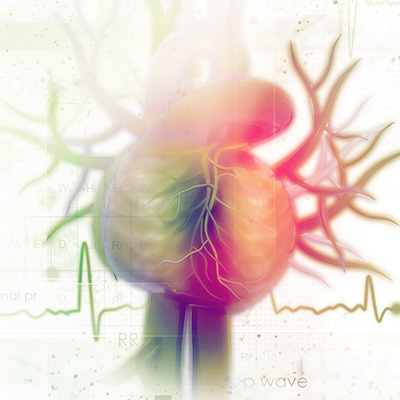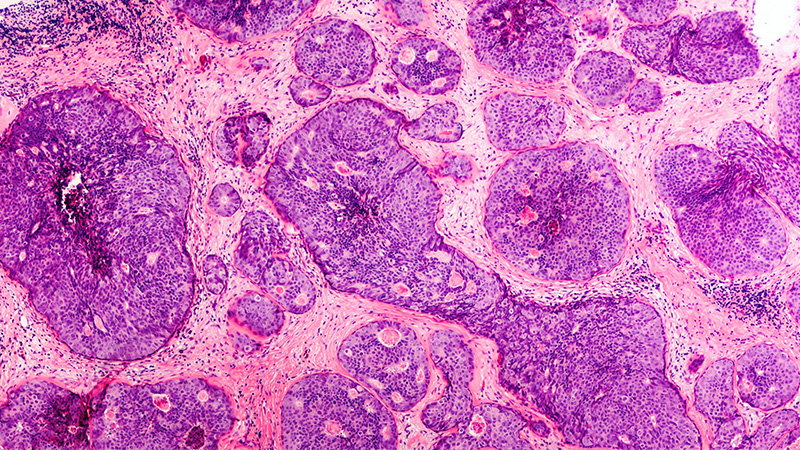Child health
The LOGIC-project
![Lebensstilinterventionen sind zur Behandlung der Adipositas bei Kindern stärker zu berücksichtigen. [Bildnachweis: Gatien Gregori, shutterstock] The LOGIC-project](/images/teaser/teaser-research-studies-child-health-logic_shutterstock-gatien-gregori.jpg)
Obesity is a chronic disease that can have a variety of causes. Already in childhood and adolescence, it is associated with various comorbidities, so that preventive measures and effective therapies are of great importance.
In the case of overweight and obesity, even more emphasis should be placed in the future on personalized prevention - on individual therapy approaches with regard to physical activity, calorie-reduced nutrition and behavioral therapy - in order to achieve the best therapeutic success.
Background
The proportion of children and adolescents with overweight and obesity has increased significantly in recent decades. This is associated with numerous concomitant diseases such as early vascular changes, lipid metabolism disorders, chronic inflammation, hypertension or type 2 diabetes. In addition to outpatient programs, inpatient therapies are offered to support long-term weight reduction and lifestyle changes. To verify their effectiveness, these need to be evaluated in terms of short- and long-term effects.
Aims and methods
The central scientific question of the LOGIC study (Long-term effects of a lifestyle intervention in Obesity and Genetic Influence in Children) is to what extent genetic factors are associated with the therapy success in children and adolescents with overweight or obesity after a 4- to 6-week standardized lifestyle intervention program (physical activity, calorie-reduced diet and behavioral therapy) and whether certain parameters can predict the individual success of therapy. The study has been conducted in cooperation with the Schönsicht Clinic in Berchtesgaden since 2006. Almost 1,500 children and adolescents are now participating in the study. The children and adolescents are followed up at regular intervals (before and after therapy, after 6 months, after 1, 2, 5 and 10 years) with regard to weight development, cardiometabolic parameters, inflammation markers and lifestyle factors.
Results
An analysis, which has been recently published in the most important pediatric journal (JAMA Pediatrics) 1,429 children and adolescents with overweight and obesity between the ages of 6 and 19 participated in the lifestyle intervention program. The average age was 14 years. The average weight loss of the study participants during therapy was 8.7 kilograms. BMI among the children and adolescents was reduced by 3.3 kg/m2 during this time. Among 56 selected genetic loci, five were identified that were associated with body weight change during therapy, however, to a very small extent. Thus, it can be concluded that the change in lifestyle factors had the major impact on weight reduction during therapy. In further analyses, the effects of therapy on physical activity behavior and quality of life of the participating children and adolescents, as well as changes in inflammatory markers and other cardiovascular risk factors during therapy and follow-up, were examined.
Conclusion
In the case of overweight and obesity, even more emphasis should be placed in the future on personalized prevention - on individual therapy approaches with regard to physical activity, calorie-reduced nutrition and behavioral therapy - in order to achieve the best therapeutic success.
Funding
The study was supported by Else Kröner-Fresenius-Stiftung, Deutschen Rentenversicherung Bayern Süd and Munich Heart Alliance (MHA)/DZHK e.V.
Links
https://clinicaltrials.gov Publications Project website
Präventive Sportmedizin
und Sportkardiologie
Am Olympiacampus 11
D-80809 München
+49 (0)89-289 244 41
sportmed@mri.tum.de







